 (Image: Marvel) (Image: Marvel) by Rabbi Shira Wallach There’s an incredible moment in the new Avengers movie (don’t worry, no spoilers!) in which all of the women superheroes suddenly materialize on the screen together, united in their collective duty to protect the object that is the lynchpin of the final battle…you might say… the Endgame. And though there are certainly other parts of the film that are meant to draw tears, I found myself suddenly and deeply moved by the moment of feminist solidarity. In the universe of superheroes, women have only recently begun to take center stage. Usually these comic books, television shows, and movies exalt the masculine form: the übermensch of brawn and sometimes brains through which audiences can vicariously experience the satisfaction of vanquishing evil. But we have seen a shift in the approach lately: women are no longer there just for eye candy; rather they are essential to the plot. Perhaps they’re even the protagonist! And they bring both brains and brawn. After so many decades of the male-centric superhero universe, it was poignant to watch the strong and beautiful women take up the whole screen. Tomorrow will bring to a close our second year of Women’s Torah Study, a weekly class in which we reflect on how Judaism engages women. This year, we took a deeper dive into the presence and absence of women’s voices in our tradition, tackling hard questions like: The Torah seems to posit that a woman’s value lies in her ability to give birth. How can women become worth more than that? As preparation to receive the Ten Commandments, the Torah instructs: “do not go near a woman.” Does this mean that women are not the Torah’s intended audience? Women’s involvement in Jewish practice often seems as a supporting role for her family, rather than for her own fulfillment of mitzvot. How can a woman create her own relationship with God and with Judaism, regardless of whether she chooses to marry and have children? Traditional Judaism relegates women to their own side of the mechitzah and off the bimah. How do we encourage women to step forward and lead? Our conversations took us to places expected and unexpected, unearthing deep questions that were always present but never acknowledged. We explored modern Midrashim written by women scholars and rabbis, we learned about societal trends that gave rise to waves of both Jewish misogyny and feminism, and we reflected on how to raise our own voices in response. And though we all emerged at the end with a different image of how we each express our Jewish voices, we are all united by the same approach: that becoming a Jewish feminist means having the freedom to challenge foundational assumptions about gender roles in Judaism. I am profoundly grateful to the group of committed, insightful, passionate women who inspired me every Wednesday. You are all superheroes—and when you assemble before me, I know that our Torah is in good hands.
1 Comment
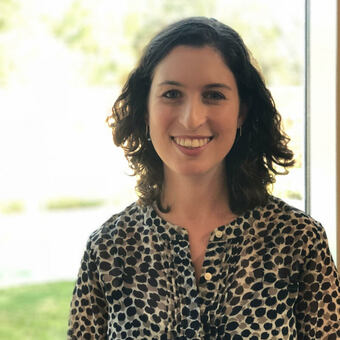 On Erev Pesach last year, I left the cheerful hubbub in my kitchen for a few moments, hoping for good news. Instead, after the then-familiar three minutes of waiting, I gazed upon yet another negative pregnancy test. I thought that this month would be different—I thought that somehow, God would see us in our anguish, that our journey from slavery to freedom that year would be about abandoning the counting, the hormone pills, the cyclical emotional roller coaster every 28 days. I pictured the nurse from the fertility clinic administering the IUI two weeks prior, flashing us a big congratulatory smile, saying how she couldn’t wait to hear from us when we finally got positive results. But it was not to be that month, or the next, or the next. I held Adam and Hannah close, exalting God for the abundant blessings I already had in my life, cried with my mom in the laundry room ... and we all put on joyful faces and celebrated our Festival of Freedom that centers around the idea that we are duty-bound to explain to our children why and how we were liberated from our oppression in Egypt. Exodus 13, for example, teaches us: “Seven days you shall eat no unleavened bread…and you shall explain to your child on that day, ‘It is because of what the Lord did for me when I went free from Egypt.’” Children have a special job on Pesach. They are the catalysts of our gatherings, the instigators of our storytelling. The entire Seder is designed with them in mind; the rabbis teach us that we must set out dishes of nuts and candies to keep them awake and occupied, that we must place strange objects on the table so that they will ask why. The youngest guests at the Seder have the sacred task of asking the Four Questions, providing a framework for the conversation, and they also have the very important job of finding the Afikomen, without which we couldn’t conclude. And so what happens, when we find ourselves deep in discourse about the birthing of our nation, the miraculous grace by which God took us out of Egypt on eagles’ wings, the mitzvah of sharing this story with the next generation—and simultaneously—feeling the pangs of emptiness that we cannot live up to the expectations that we set for ourselves? As a community, we must become aware that one out of every eight of our families contend in some way with infertility, and that as joyful as our holidays can be, that many times, they are tinged with sadness. Just as we look around the table, seeing in our mind’s eye those from previous generations who are no longer with us, we also look around and see the members of the next generation who could be there, who could be helping us shape and inspire the Seders of the present and the future in ways we couldn’t possibly imagine. In your Pesach preparations this year, as you make donations to JFS, Mazon, and other organizations that support Jews who find the holiday to be a financial hardship, I also ask that you donate to the Hebrew Free Loan Society or the Priya Fund, non-profits that provide spiritual, educational, and financial support to families going through fertility treatments. For those who are still in their narrow place—their Mitzrayim, let us bring their stories to the forefront of our consciousness and let us support them as they struggle toward their liberation. May we all be freed from our straits this year, and may we all come together in discovering our personal and communal paths to freedom. Chag sameach, Rabbi Wallach 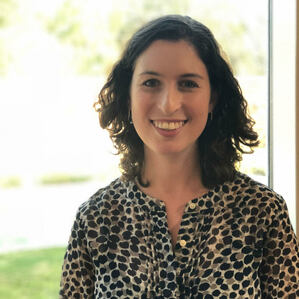 by Rabbi Shira Wallach One of the things about the Shearith community that has always impressed me the most is our staunch, steadfast, and vocal support for Israel and AIPAC. At one of the busiest times of the year, so many of our congregants make the time in their schedules to fly to DC, to show up with more than 18,000 pro-Israel Americans, including Congresspeople, college students, and synagogue delegations, to pray with their feet—to demonstrate the seminal importance of maintaining an educated and supportive relationship with our homeland. My work responsibilities have always kept me here in Dallas; but I am so grateful for our robust professional and lay representation each year. I don’t have to tell you how AIPAC’s ongoing efforts have saved Israel time and again; from taking newly elected officials to Israel and teaching them the beautiful nuances of her strength, to advocating for continued funding for the Iron Dome, to standing up for Israel and her interests in negotiating the Iran Deal. Perhaps most importantly and impressively, AIPAC has ensured that Israel remain a non-partisan issue. But that is no longer a given. I am terrified that MoveOn and other far-left voices are trying to make Israel a partisan issue, that Israel can be the newest strategic wedge between different factions of Democrats. I am mortified that new Congresspeople who lack context and history are making irresponsible claims about both Israel and Jews, betraying their lack of education and understanding. And I am flummoxed that it is so easy for evangelicals to make bold and sweeping statements about Israel’s sovereignty and right to defend herself, when many Jews find it much more difficult. And this is why I have AIPAC PC FOMO. (For the non-millennials reading this, FOMO stands for “fear of missing out.”) I want to hear the conversation in the breakout sessions, with the rabbis and cantors, with the politicians, the college students, and the non-Jewish supporters of our state. I want to understand how the most recent political discourse is affecting the future of Israel’s safety and security. I want to know how our 18,000 partners are digesting all of the presenters’ material and what they will bring home to their communities. I want to understand how this moment in history stands in the larger context of our narrative. And … Rabbi Sunshine also told me about the kosher chicken and waffles … which sealed the deal for me. I have to get to the AIPAC PC next year. There’s too much at stake to be away from the conversation. Rabbi Shira Wallach 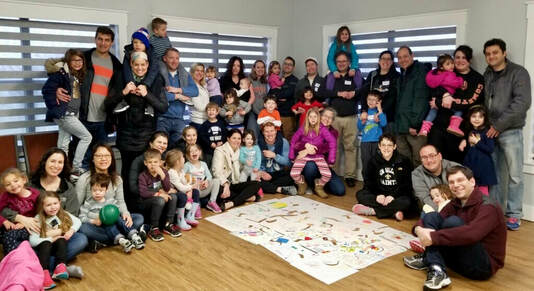 By Rabbi Shira Wallach The weather outside may have been frightful, but inside we made the best of it! This weekend, our most adventurous families made their way to Waxahachie to brave the cold, the wind, and the rain, so that we could experience a beautiful Shabbat together. I want to give you a couple of glimpses into the sacred time that we shared. On Friday night, Rabbi Roffman led his annual Bibliodrama session, in which he takes a beloved story from the Torah and allows parents and children to work together in order to retell and understand it from new perspectives. The story that we tackled was that of sending Moses down the Nile: how did his mother feel? What was his sister thinking? Why did Pharaoh’s daughter rescue him? And at each meal after that, if you looked over at the kids’ area where they could play when they were done eating, you could see them continuing to work out the story. On Shabbat morning, after morning tefilla, Sarah Lipinsky led an exploration into the weekly parasha by asking our children: What is your favorite room in your house and why? Do you think God would also enjoy that kind of space? What kind of a home would you build for God on earth? And then, our children led their parents in thinking through beautiful spaces for God. Some of their creations even boasted bounce houses, swimming pools, fully-equipped kitchens, lovely strings of lanterns, and glimmering jewels. On Saturday night, as we watched the sky grow dark, the temperature dropped and rain threatened. We sang a beautiful Havdalah inside, and then, most of us threw caution to the wind and went outside to toast marshmallows and enjoy the delicious nostalgia of s’mores. In the end, the crackling campfire and sheltering trees protected us from the elements. Back inside, we sang everything from “Brown-Eyed Girl” to “Twinkle Twinkle Little Star,” “Let it Go” to “Sweet Caroline.” In the morning, I asked families to talk about what they’d like to bring back to Dallas from the weekend, and then illustrate it on a large puzzle piece. Of course, we all loved the campfire, the music, and the company, but I also saw sketches of God’s house that the kids designed, Sarah’s incredible indoor obstacle course, a deck of UNO cards, and even one of the Shabbat-o-grams that we exchanged at the beginning of the weekend. You can see our assembled puzzle in the group photo; come by our offices soon to see the final laminated image! I want to thank our volunteer team Rachel Alexander, Shari Birnbaum, Amanda Franklin, Melissa Goldberg, and Julie Yochananov, and of course, none of this would be possible without the incredible Sarah Katz! Thank you to everyone who came, who helped create the special bonding and memories that will continue giving us joy. Let’s do it again next year! Much love, Rabbi Wallach 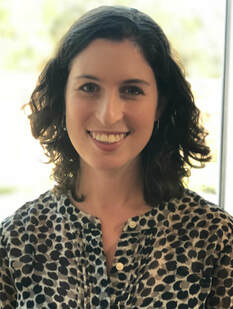 by Rabbi Shira Wallach This past Shabbat, we welcomed our new class of Tiny Treasures—babies born in the year 2018—and their families into the warm and loving embrace of the Shearith Israel family. If you were there, thank you for helping us create such a wonderful space in which to share in the simcha of new life. 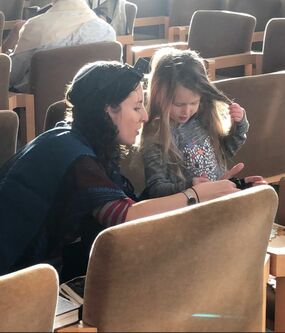 Many of you have heard me talk about my zaydie, the rabbi, who was born in Germany and marked his Bar Mitzvah in 1933, the year that Hitler rose to power. You’ve heard me talk about his Bar Mitzvah tefillin, one of the only possessions that made it through the journey north to Liverpool, across the Atlantic to Toronto, to Saskatoon, to a suburb of Cleveland, and then finally, to Orlando, where my zaydie sat with me when I was just eight years old, and gave them to me. by Rabbi Shira Wallach
On Monday night, I participated in the Faith and Grief Ministries Multi-Faith Service of Comfort at Klyde Warren Park, an annual gathering of people who wish to pay homage to loved ones around the holiday season. The organizers of the service asked me to reflect on the aftermath of the Pittsburgh shooting and how we keep our faith intact after tragedy. I wanted to share my remarks with you: Dear Friends,
The joy and serenity of our Shabbat was pierced this morning with the news of the killing of eleven people at the Tree of Life Synagogue in Pittsburgh. This afternoon, what we no doubt suspected was confirmed by city officials: that this heinous act of cruelty was borne out of hatred for our people, our values, and our way of life. 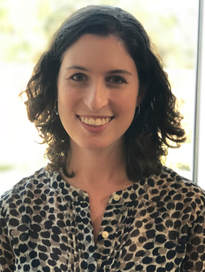 by Rabbi Shira Wallach You’re probably being bombarded with messages from TV, social media, friends, and random strangers to make sure you have a voting plan. I’m here to provide one more, as voting is a Jewish imperative. Pirkei Avot 3:2 teaches us that we must “pray for the government’s welfare, for without fear of it [we] would swallow each other alive.” 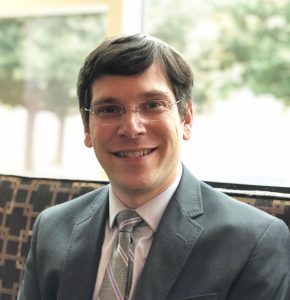 Adam: I started reading torah in the second grade. Each week, I chanted from our sacred, ancient scroll in junior congregation, and felt privileged to help bring our most cherished stories to life for my friends and community. At the end of that year, my rabbi gave me a gift for investing the time each week to prepare: a tikkun korim, a specially printed volume of the Torah with the Hebrew, vowels and trope marks on one side, and the unmarked, adorned text as it appears in the scroll on the other. He inscribed the book with a famous teaching from Pirkei Avot that has become one of my favorites: Ben Bag Bag said: hafoch bah vehafoch bah. Turn it and turn it, since everything is in it. |
Details
AuthorsShearith Israel clergy, staff and congregants share Archives
April 2023
Categories
All
|

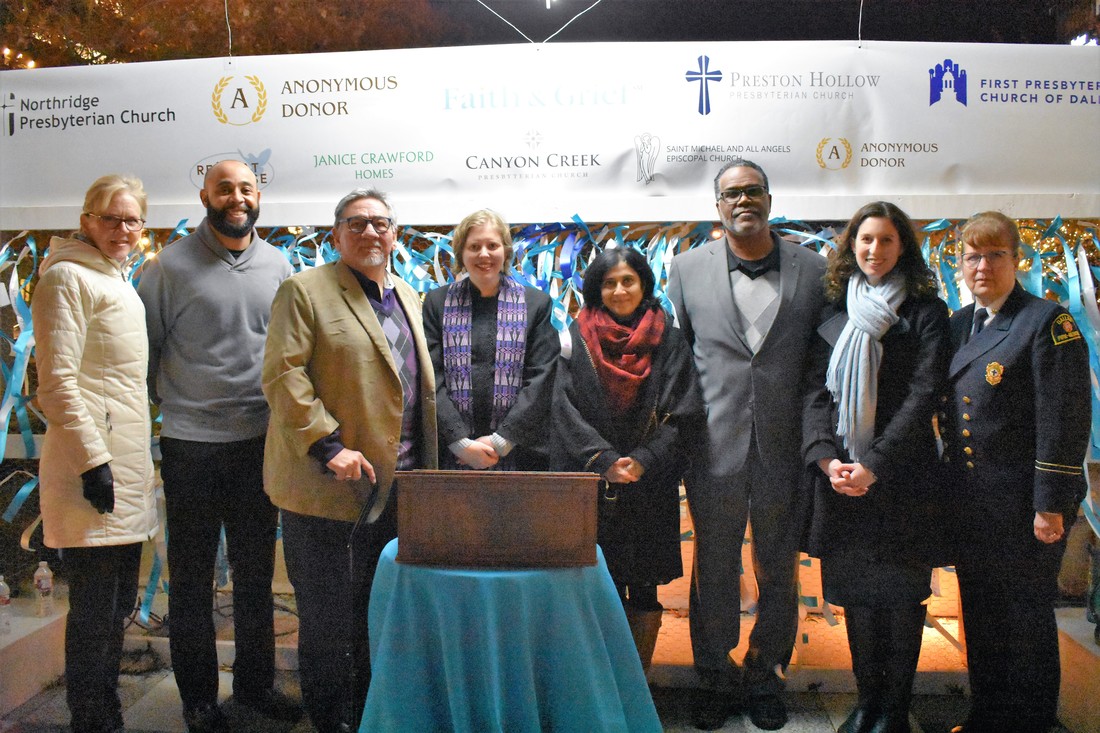
 RSS Feed
RSS Feed